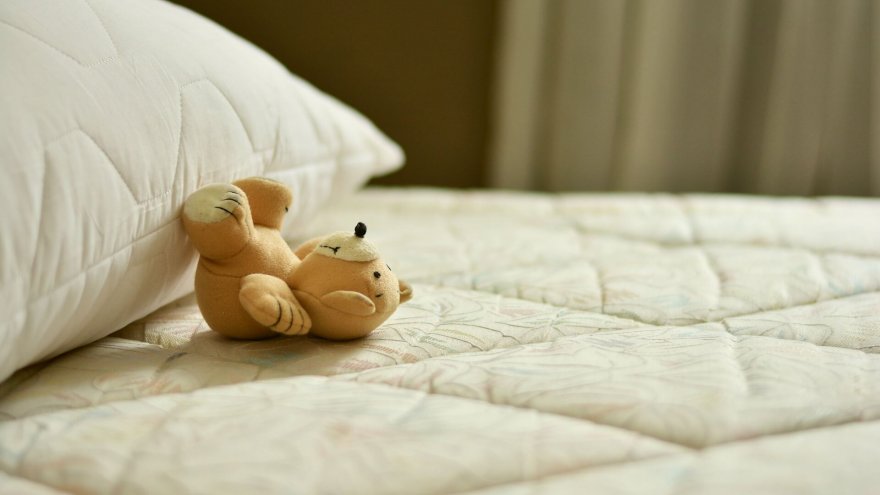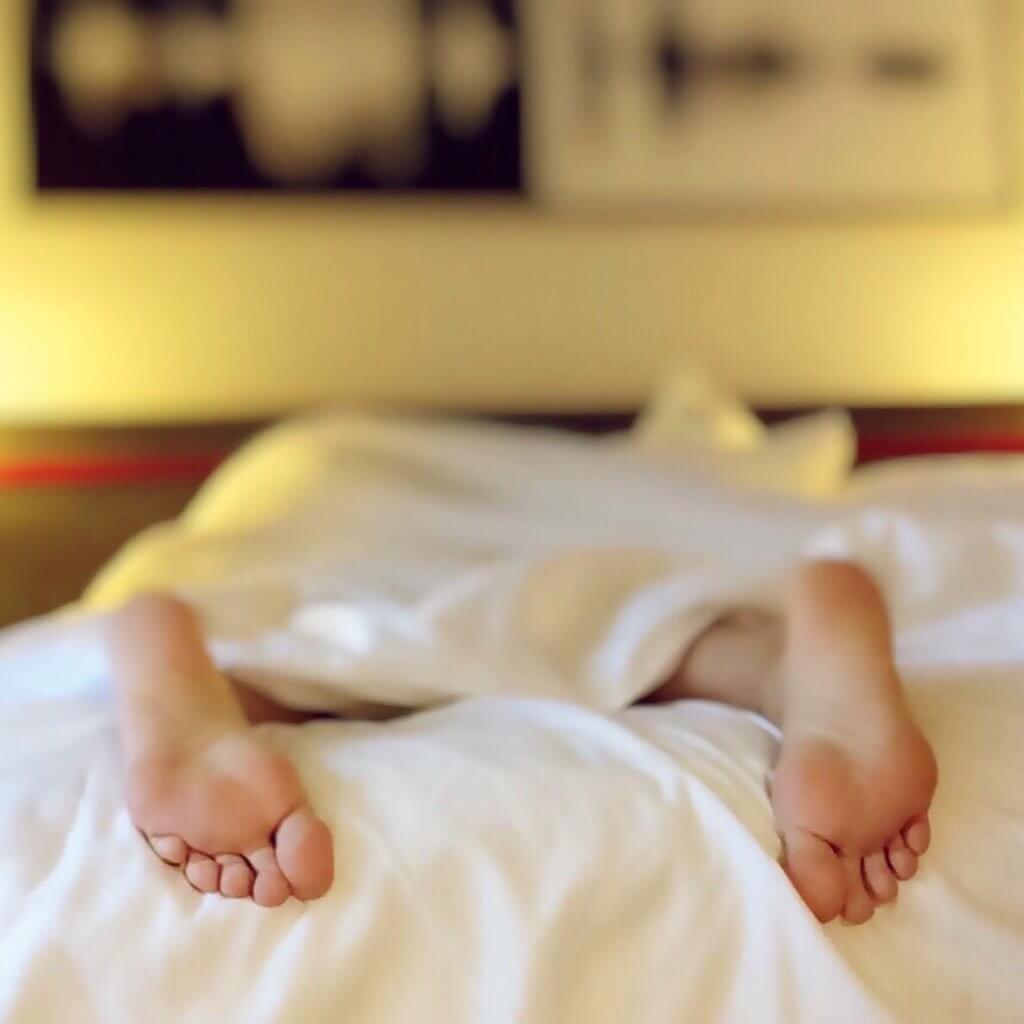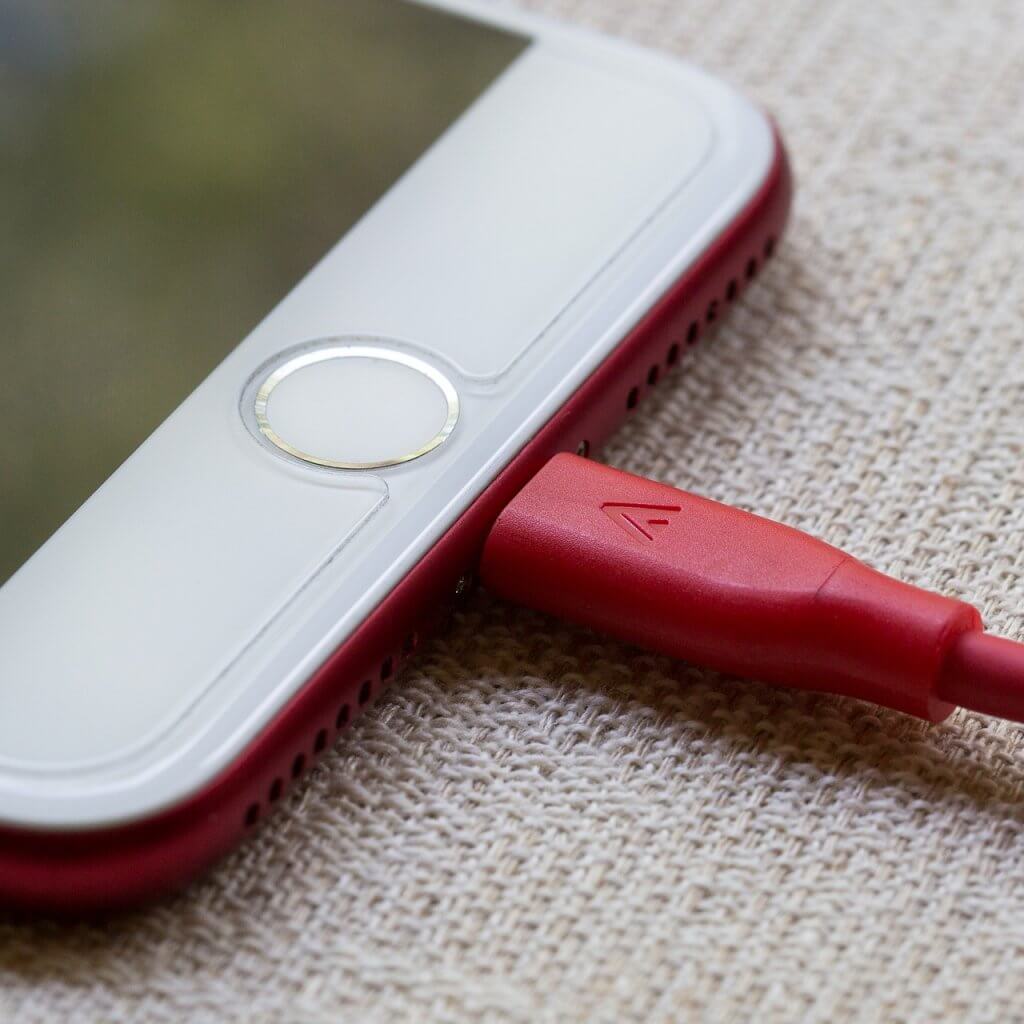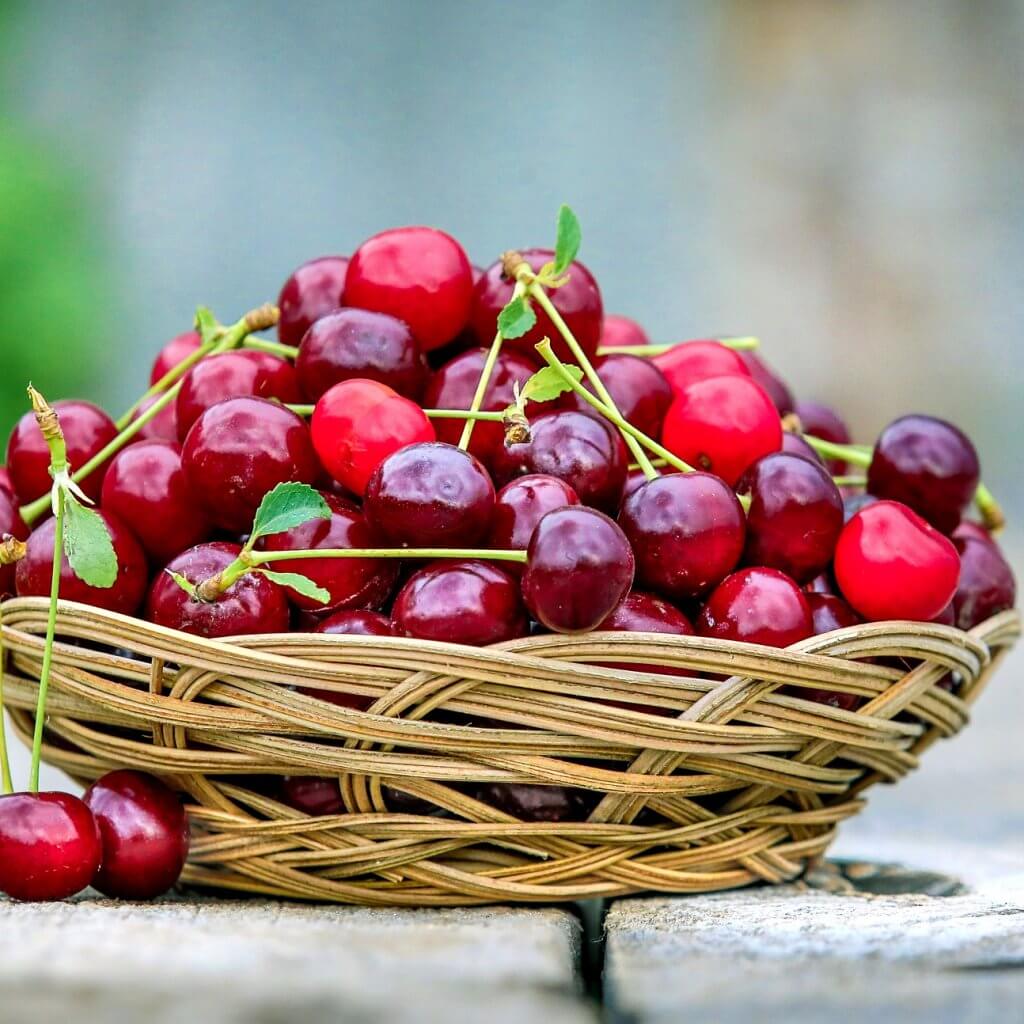What to Eat and Drink for a Good Night’s Sleep


According to the Centers for Disease Control (CDC), more than one-third of all adults in America do not get the appropriate amount of sleep on a regular basis, as reported in their February 18, 2016 Morbidity and Mortality Weekly Report.
In a corresponding press release, the CDC references recommendations from the Sleep Research Society and the American Academy of Sleep Medicine that adults who are aged 18 to 60 years should sleep at least seven hours per night for optimal health and well-being. Getting less than seven hours of sleep per night is associated with an increase in the risk of developing obesity, high blood pressure, diabetes, stroke, heart disease and mental distress.
For an athlete, sleep is just as important as proper training and diet. Studies show that sleeping an optimal amount per night can improve reaction time, accuracy and speed. And just as athletes require more calories than those who aren’t training, they need more sleep as well. Fitness professionals believe that an extra hour of sleep—either by going to bed earlier, waking up later or incorporating a nap into your daily schedule—will give your body the extra rest it needs to recover appropriately between training sessions.

Help Yourself to Sleep
Some people can fall asleep but have trouble staying asleep and for others the reverse is true, they have trouble falling asleep but once they are asleep, they sleep through the night.
There are a few things you can do to help ensure that you start sleeping better. They include:
- Going to bed and getting up at the same time every day, even when your schedule allows you to sleep later. Conditioning your body to retire and arise at the same times every night and day will reset your biological clock and will make it easier to get the amount of sleep your body needs.
- Develop a bedtime routine such as getting a bath, reading a book, meditating, etc., anything that you find relaxing and conducive to falling asleep. Adhering to the routine nightly will send signals to your body that it is time to sleep.
- Unplug at least 30 minutes before bedtime…shut down your computer, turn off your iPhone and stop watching TV. In addition, charge your devices in another room so you aren’t tempted to check texts or e-mails if you are tossing and turning.
- Keep your bedroom quiet, dark and cool in the evening, which can help to promote relaxation and sleep. Conversely, let in the morning light or turn on the lights in the morning to signal to your body that it is time to wake up.
Fuel Your Body for Sleep
Just as you would for training, it is important to fuel your body appropriately for sleep. Certain things you eat and/or drink can facilitate sleep while other things can keep you awake. Choosing wisely can mean the difference between a restful night of sleep or a fitful one.
Thankfully, the list of things you should avoiding eating and/or drinking before bedtime is relatively short while the list of foods and drinks to facilitate a restful night is a bit longer.

Steer clear of the following if you want to wake up in the morning feeling well-rested.
- Hamburgers and cheeseburgers: Or really any type of greasy, fast food. Fat stimulates the production of stomach acid, which, when you are lying in a supine position in bed, could back up into your esophagus, causing heartburn.
- Wine and beer: Alcohol of any kind can keep you up at night since it metabolizes quickly causing wakefulness and restlessness.
- Coffee, tea, and soda: Even frozen coffee drinks or desserts made with coffee can keep you awake at night due to the caffeine content. Likewise for caffeinated tea and soda. If you must have a cup or glass before bed, switch to decaf.
- Dark chocolate: The only time of the day when the consumption of dark chocolate isn’t encouraged is at bedtime. Dark chocolate contains a higher level of caffeine than other varieties of chocolate so it is best to avoid it late in the evening.
- “Energy” drinks: In many so-called “energy” drinks, the “energy” means caffeine. Check the label before drinking at night.

It is safe and even smart to eat or drink the following as they can facilitate a good night of sleep.
- Cherries: Because of their high content of melatonin—a hormone that controls circadian rhythms telling your body when to sleep and when to wake up—cherries and cherry juice (with no added sugar) can help you sleep.
- Milk: Milk contains tryptophan, which is the essential amino acid used to create serotonin, a chemical produced by nerve cells that, among many order jobs, stimulates the section of the brain that controls sleeping and waking.
- White rice: High on the glycemic index, white rice releases glucose gradually into the bloodstream, unlike other foods which can cause spikes in blood sugar and also may decrease levels of serotonin. Studies suggest that this gradual release of glucose can shorten the time it takes to fall asleep and improve the quality of sleep.
- Turkey: Wonder why everyone is ready for a nap after Thanksgiving dinner? It’s the tryptophan again. No need to eat a big turkey dinner though. Half of a turkey sandwich on whole-grain bread will do.
- Nuts: Almonds and walnuts, in particular, contain high levels of melatonin and can promote sleep. A handful is a good amount.
- Complex carbohydrates: Fortified cereals, popcorn, oatmeal, and whole-wheat crackers are all examples of complex carbohydrates, which raise serotonin levels and lower cortisol—the stress hormone. High levels of cortisol can interfere with the quality of sleep.
- Bananas: High in magnesium and potassium—natural muscle relaxants—bananas can help your body unwind for sleep.
- Tea: A number of different types of tea—valerian, passionflower, and chamomile—are purported to help with sleep due to their relaxing properties.
No matter which food or beverage you choose to consume before bed, nutrition professionals suggest eating only a relatively small amount—half a sandwich, one banana, one glass of milk, etc. This is not a case of “more is better.” Although there is some controversy over whether eating right before bed is a good idea or not, eating a large amount of food within three hours of going to bed might interrupt sleep, since it takes about that long for your stomach to digest and empty after eating.
Sources
- , Can Sleep Improve Your Athletic Performance?, website
- , Sleep and Athletes, website
- , The 9 Best Foods to Eat Before Bed, website
- , Best and Worst Foods for Sleep, website
- , Serotonin: What You Need to Know, website
- , Here's Why You Should Never Eat Right Before Bed, website
Latest Articles
 Is Running on a Treadmill Easier Than Running Outside?Runners have their own preferences, whether it is treadmill running, running outside on the road, or exploring trails. So...
Is Running on a Treadmill Easier Than Running Outside?Runners have their own preferences, whether it is treadmill running, running outside on the road, or exploring trails. So... Is It OK to Use Trail Running Shoes on the Road?While trail running shoes can be used on roads, especially in situations where a runner encounters mixed terrains or pref...
Is It OK to Use Trail Running Shoes on the Road?While trail running shoes can be used on roads, especially in situations where a runner encounters mixed terrains or pref... How to Fix Sore Quads After Running?Rest, ice, gentle stretching, and over-the-counter pain relievers can help soothe sore quads after running. Also, ensure ...
How to Fix Sore Quads After Running?Rest, ice, gentle stretching, and over-the-counter pain relievers can help soothe sore quads after running. Also, ensure ... 10 Fruits With The Most Electrolytes to Replace Sports DrinksThese fruits are high in electrolytes such as potassium, magnesium, and calcium, essential for hydration, muscle function...
10 Fruits With The Most Electrolytes to Replace Sports DrinksThese fruits are high in electrolytes such as potassium, magnesium, and calcium, essential for hydration, muscle function...

